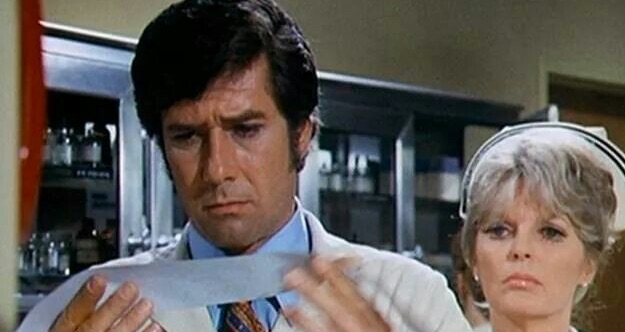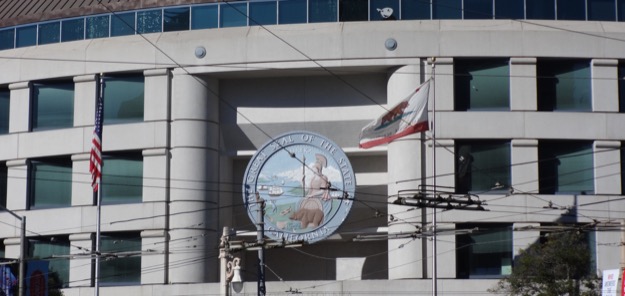Feds flex anti-trust muscle and sue to block AT&T-Time Warner deal

The federal justice department challenged the proposed merger of AT&T and Time Warner in court yesterday, on anti-trust grounds. The problem, according to the justice department’s complaint (h/t to Brian Fung at the Washington Post for the pointer) is that if it owns the entire content creation-ownership-distribution chain, AT&T will use that market power to muscle out its competitors, – traditional linear distribution companies and emerging over-the-top players alike…
… MoreIf allowed to proceed, this merger will harm consumers by substantially lessening competition among traditional video distributors and slowing emerging online competition.



![By www.elbpresse.de (Own work) [CC BY-SA 4.0 (https://creativecommons.org/licenses/by-sa/4.0)], via Wikimedia Commons](https://www.tellusventure.com/images/2017/10/lit_fiber.jpg)


![Ralf Roletschek [GFDL (https://www.gnu.org/copyleft/fdl.html) or CC BY-SA 3.0 (https://creativecommons.org/licenses/by-sa/3.0)], via Wikimedia Commons](https://www.tellusventure.com/images/2017/10/roulette.jpg)

